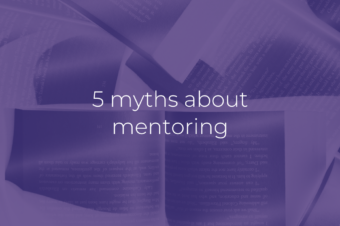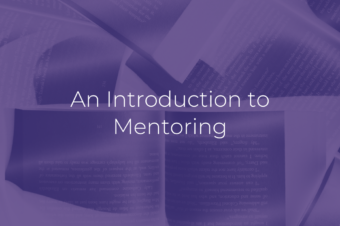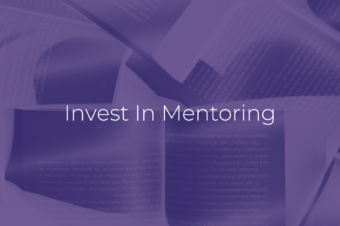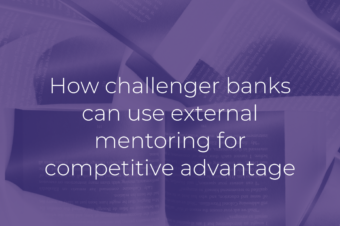
The cost-of-living crisis, war in Europe, interest rates, strikes, technological change and disruption make for a challenging environment for employees dealing with the return to the office post-pandemic.
Offering workplace support and assistance given public healthcare systems are stretched is a sensible move. Mental health charity Mind says: “Smart employers know that organisations perform better when staff are healthy, motivated and focused. Research consistently shows that when employees feel their work is meaningful and they are valued and supported, they tend to have higher wellbeing levels, be more committed to the organisation’s goals and, importantly, they perform better too.”
Traditional employee assistance programmes which offer advice on personal problems, including wellbeing and finances are an option, as is counselling; at 10Eighty, we think that an arrangement with an external mentor is a good choice too.
Working in the new workplace
Remote and hybrid working, and geographically dispersed teams can make it difficult to spot issues and problems and to offer the support that we used to take from granted from colleagues, peers, and the office structure. A mentor, internal or external, can take up the slack and help employees cope.
Three reasons to choose an external mentor:
- External mentors can be both independent and objective. They offer a different perspective and experience around the issues facing the mentee.
- To benefit fully from an external mentoring, mentees need to be able to establish trust with their mentor. Trust can be harder to achieve internally, and even where it exists, mentees may still be wary about the confidentiality of conversations.
- External mentors can provide genuine and unadulterated feedback without any hidden agenda; so, mentees are far more likely to accept and benefit from it.
For employees, external mentoring affords them a confidential safe space in which to discuss issues, barriers, challenges and opportunities in terms of development and fulfilment in their career journey. For the employer, it aids retention of the organisation’s best people, so retaining knowledge and experience in-house while improving knowledge sharing, morale and communication skills.
Mentoring can help build resilience
Mentoring can help employees manage their careers and, importantly, it can help build resilience in times of change, enhancing self-reliance and self-directed learning. Improved resilience equips employees to deal with challenges and disruptions at work and at home. In addition, a mentor can encourage a mentee to develop competencies which are often more easily gained through example, guided practice or experience than by education and training.
We are much more open and willing to talk about mental health in the modern workplace and organisations who prioritise employee wellbeing reap the benefits through enhanced morale, loyalty, commitment, innovation, productivity and profitability. Open and supportive workplaces benefit everyone – employees, employers, and the bottom line.
If you want to encourage a workplace with a mutually supportive environment where good work relationships thrive, then an external mentoring programme is a valid option. It may sound like an unnecessary expense when times are hard but think again. It’s hard to source and retain good employees, so you need to do everything you can to ensure employees are engaged and fulfilled in their work and careers.
.
If you would like to learn more about our mentoring services, please get in touch here.








